ABR receives a commission on items purchased through this link. All ABR reviews are fully independent.
No place for the young
Britain today is no place for young people. The evidence is as familiar as it is stark. One million of the nation’s fourteen million children experienced destitution in 2022, meaning that their families could not afford to adequately feed or clothe them or keep them warm. In 2024, a record 150,000 lived in temporary accommodation in England. The long-standing decline in infant mortality has stalled. Facts like these, concerning the families struggling most, are often cited as proof of atrophy under Conservative austerity (which, while destructive in its own right, degraded Britain’s resilience against Covid-19 and the energy crisis that followed) and as indicators of the issues that Keir Starmer’s new Labour government should prioritise. But what do we miss by focusing on the worst-off?
Continue reading for only $10 per month. Subscribe and gain full access to Australian Book Review. Already a subscriber? Sign in. If you need assistance, feel free to contact us.
Seven Children: Inequality and Britain’s next generation
by Danny Dorling
Hurst, £14.99, 305 pp
ABR receives a commission on items purchased through this link. All ABR reviews are fully independent.


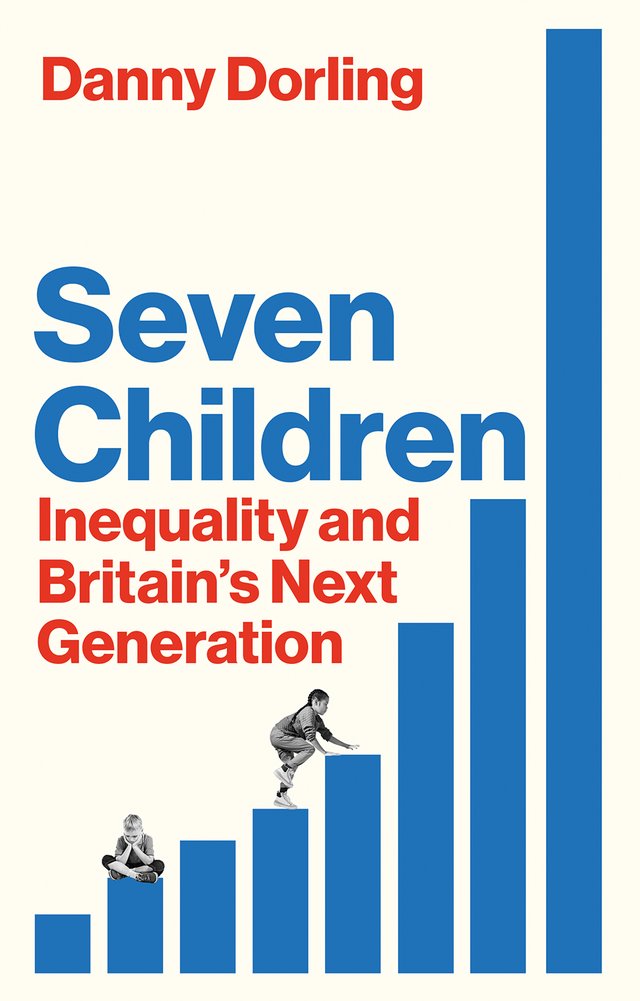

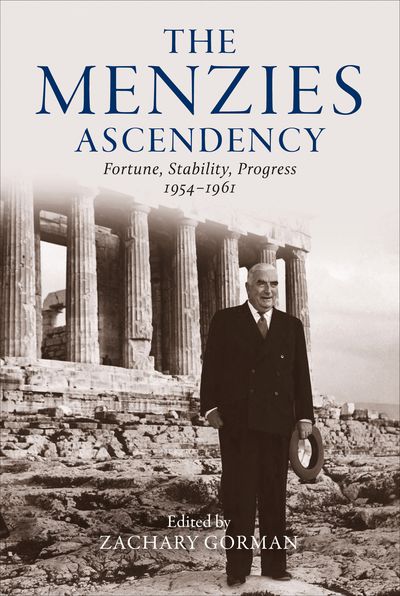
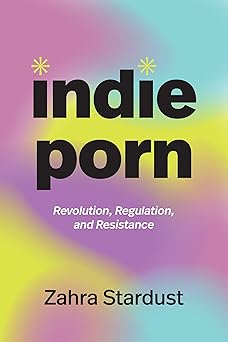
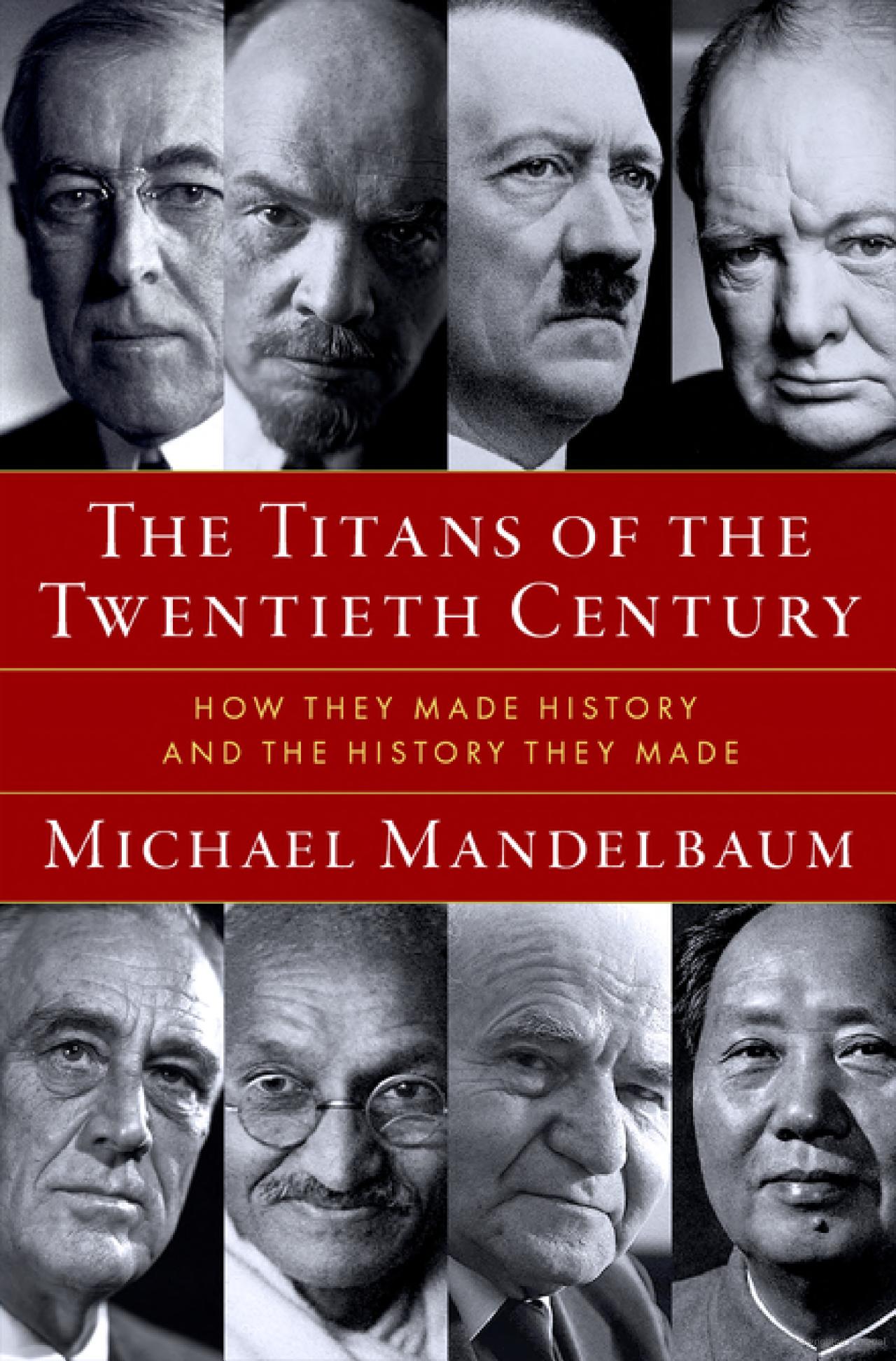
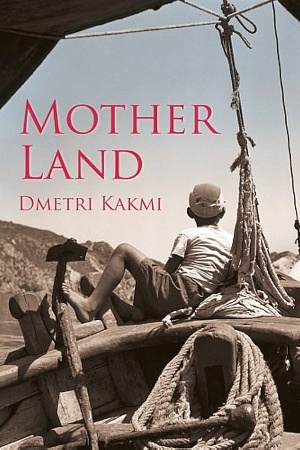


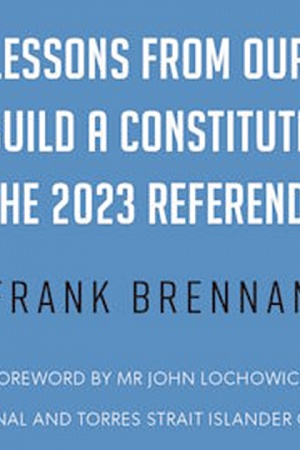
Leave a comment
If you are an ABR subscriber, you will need to sign in to post a comment.
If you have forgotten your sign in details, or if you receive an error message when trying to submit your comment, please email your comment (and the name of the article to which it relates) to ABR Comments. We will review your comment and, subject to approval, we will post it under your name.
Please note that all comments must be approved by ABR and comply with our Terms & Conditions.